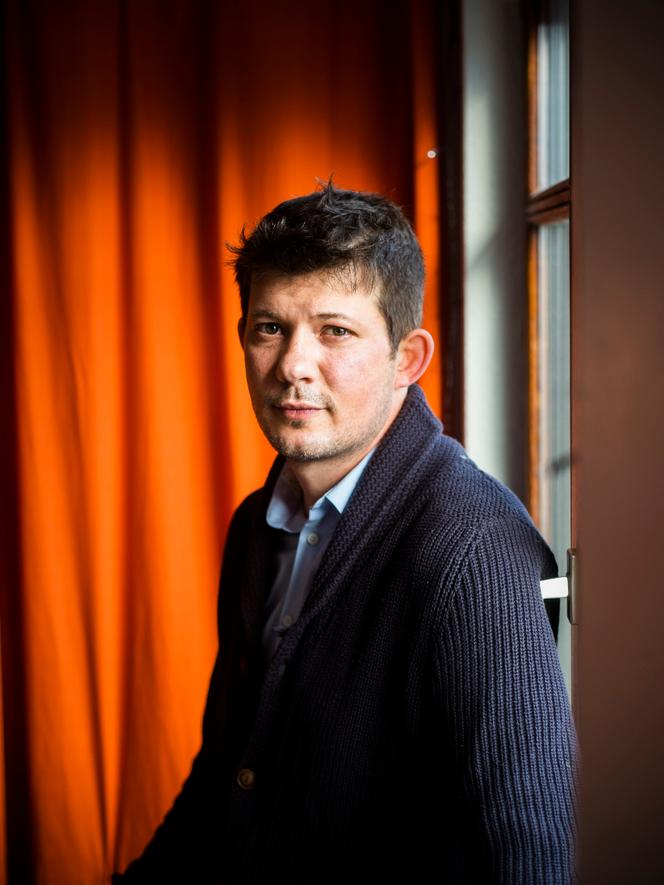
In 2020, bases and military buildings have been hit by the epidemic of Covid-19, that the army has closely followed. In the fight against infectious diseases, what is the place of the army ? And in the past ? Interview with Frédéric Vagneron, historian of medicine and infectious diseases, teacher-researcher at the university of Strasbourg.
The epidemic of Covid-19 has raged aboard French aircraft carrier and american. The army has observed the transmission of the virus in these enclosed areas. What are the strengths and limitations of the military model ?
In the context of infectious diseases, the military offers a field of study in detail. Infections on aircraft carriers, but also in barracks or military bases, allow, thanks to routine testing, to study for example the proportion of soldiers asymptomatic or the dynamics of spread of the virus in conditions that are ” controlled “, which is very difficult in the general population. So far, the military population is not representative of the whole population, and even less of the people most vulnerable to the virus : this is a fairly young population.
In the past, armies in the field, have not played a major role in the spread of epidemics ?
Many infectious diseases have been associated with the passage of military troops. Typhus is emblematic in this respect : this devastating disease, transmitted by lice and fleas, tended to follow wars and famines. The “plague of Athens” that occurred during the Peloponnesian war, in 430 bce, could have been a typhus epidemic. Twenty-two centuries later, it is still the typhus that devastated soldiers during the napoleonic wars. During the retreat from Russia (1812), 20% of human losses in napoleon’s army (over 100,000 men) would have been related to the typhus. Another example : the syphilis, or “sickness of Naples,” or even ” evil French “, has been associated with the passage of the French soldiers during the wars in Italy, at the end of the XVe century.
The colonies were not spared, far from it. We know today that the “conquest” military of the Americas was largely a conquest microbiological : the troops have brought smallpox and measles which decimated the native populations. In 1972, the american historian Alfred Crosby has spoken of a “Columbian Exchange” (” exchange of colombia “), in the wake of Christopher Columbus, to designate the many trade – agricultural goods, livestock, human populations and micro-organisms from 1492, between the Old Continent and the New World.
You still 85.36% of this article to read. The suite is restricted to subscribers.

